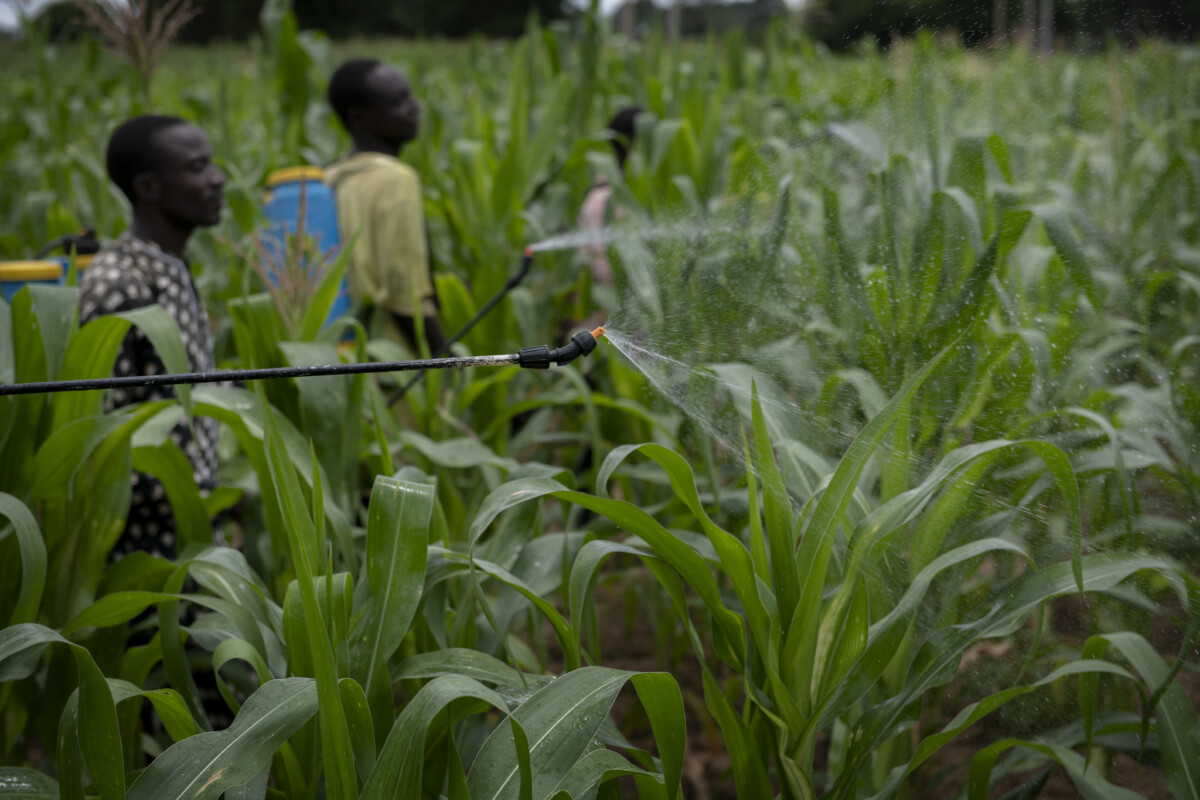In a decision welcomed by advocacy groups and researchers, South Africa’s Cabinet has approved a ban on the import of Terbufos, a highly toxic pesticide linked to the deaths of six children in a South African township in October 2024. On June 12, Khumbudzo Ntshavheni, Minister of Presidency, said the ban will be accompanied by enforcement measures and broader consultations “to identify safer alternatives to Terbufos.” The South African Human Rights Commission (SAHRC) called the decision “a historic milestone in the realisation of critical socio-economic rights, including the right to health, clean water, a safe environment, and adequate food.” Terbufos, also known as Halephirimi, is legally registered as an agricultural pesticide in South Africa, although the World Health Organization classifies it as a Class 1A organophosphate pesticide, indicating it’s highly toxic. According to SAHRC, Terbufos has been banned in the EU since 2009 and is prohibited in 13 Southern Africa countries, including Angola, Botswana, the Democratic Republic of Congo, Madagascar, Tanzania, Zambia and Zimbabwe. In South Africa, Terbufos and roughly 194 other highly hazardous pesticides continue to be used, according to a database maintained by UnPoison, a South African advocacy group focused on reforming pesticide regulation. UnPoison adds that South Africa doesn’t publicly disclose its complete list of registered pesticides. Used in citrus and vineyards, maize, wheat and sugarcane plantations, Terbufos is considered toxic to mammals, birds, honeybees and aquatic organisms. The pesticide can also cause deaths and long-term health effects like cancers and reduced fertility among exposed farmworkers, Hanna-Andrea…This article was originally published on Mongabay
From Conservation news via this RSS feed


